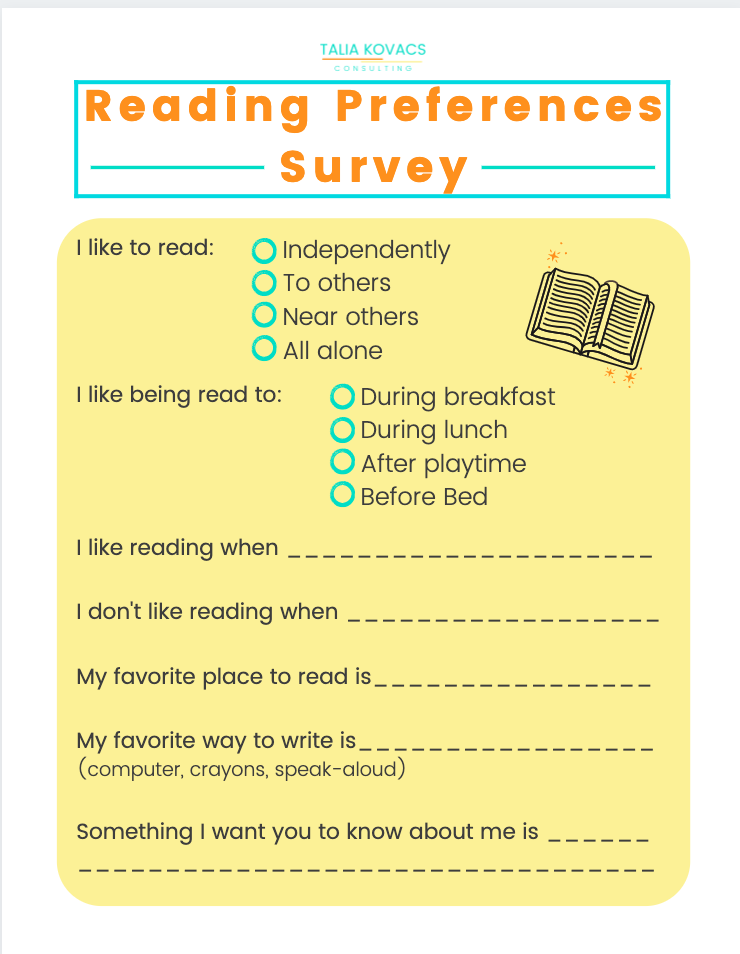We want our children to be eager readers, kids who stay up late with a book under the covers, who see books as portals to new worlds, who use reading as a way to learn more about themselves and the world around them. Many parents have this wish, especially if they themselves were readers when they were young, and are saddened to see that their child just isn’t interested in reading.
In order to turn our reluctant readers into eager readers, first, we must diagnose the problem.
Ask Yourself: Is it reluctant reading or unskilled reading? Many of us don’t seek to do something we don’t feel we can do well. If a child is having trouble sounding out words, this is a separate issue from a child who doesn’t like to read. To learn more about unskilled reading, click here. If your child is having trouble reading, consider getting them extra help in phonemic awareness and phonics instruction. For more information and parent advocacy on children who have trouble reading, please reach out to me to discuss how we can improve your child’s reading skills. You can book a discovery call here.
Once you determine that your child can read at his or her grade level, but doesn’t like to read, we can truly have lifelong impact on your child’s self-perception by following these three steps:
- Redefine Reading: Is your child forever reading comic books and how-to manuals for their lego sets, but just doesn’t like novels or short stories? This is still reading. There are many adults who prefer long non-fiction novels or books of short stories, all of these adults are readers. Let’s broaden our definition of reading to include anything that gives us new information through words.
- Consider audiobooks and comic books: Many times, comic books help bridge the gap between watching a show and reading a story. For many children uninterested in reading page after page of text, this is a nice way to break up the monotony of a page and ensure that it feels exciting to read. Audiobooks provide a similar purpose, allowing your child to hear a story. Studies show that reading aloud to a child improves vocabulary, grammar and comprehension, so your child will still get plenty from audiobooks!
- Consider audiobooks and comic books: Many times, comic books help bridge the gap between watching a show and reading a story. For many children uninterested in reading page after page of text, this is a nice way to break up the monotony of a page and ensure that it feels exciting to read. Audiobooks provide a similar purpose, allowing your child to hear a story. Studies show that reading aloud to a child improves vocabulary, grammar and comprehension, so your child will still get plenty from audiobooks!
- Assess Interests: If your child is uninterested in any form of reading, consider what they like to do at home. Do they love to help you cook? Consider getting a cookbook and asking your child to read each step as you cook together. Does your child take things apart and put them back together again? Consider getting a how-to guide for building small furniture or putting together fix-it sets. By bringing reading into their interests, you ensure that your child starts to see reading as a useful, fruitful part of their literacy understanding.
- To receive a reading survey in order to assess which books might be good for your child, sign up for my mailing list at the bottom of my homepage.

3. Bridge the gap between reading and entertainment: If cookbooks and how-to won’t work for your child, consider getting books that reflect favorite TV or movie characters. There are many books available featuring beloved characters that your child can read to learn more about a world they already love.
By meeting your child where they are, and relieving yourself of the guilt that can come from a child not liking the kinds of books we might have liked as kids, you ensure that your child turns into an eager reader, seeing reading as a useful, interesting, fruitful endeavor that they want to continue to pursue!